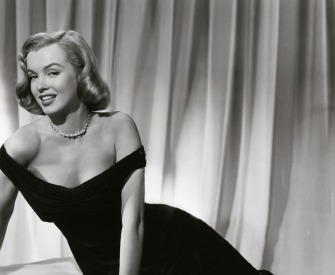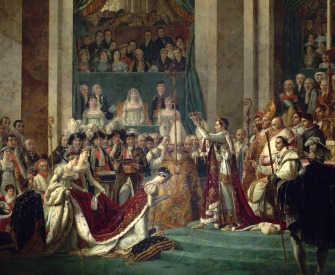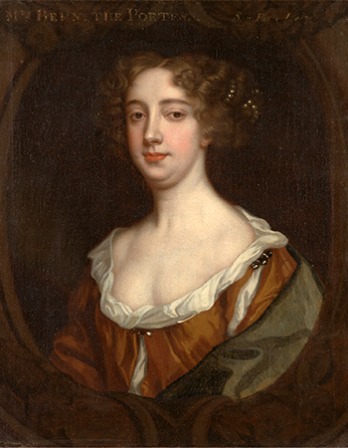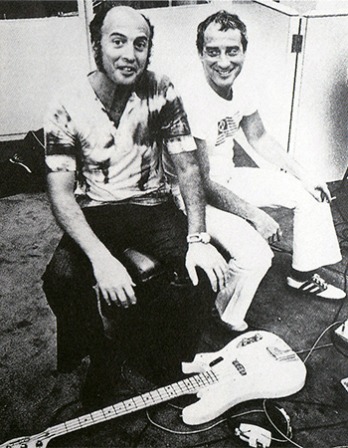Music is our myth of the inner life.
—Susanne K. Langer, 1942The Sovereign Piano
“Then to the piano, and pound away.”
The other day somebody went to Rubinstein and said, “Is the pianoforte a musical instrument?” That is just the sort of question people put nowadays. You call on the Prince of Wales to ask, “Is England a republic?” or on the Lord Mayor with “Is London a city?” In treating such questions as open ones, you have already achieved a paradox.
Yet it will not do to reply to “Is the pianoforte a musical instrument?” by a simple Yes. That would be an understatement of a quite extraordinary case. The pianoforte is the most important of all musical instruments: its invention was to music what the invention of printing was to poetry. Just consider the analogy for a moment. What is it that keeps Shakespeare alive among us? Is it the stage, the great actors, the occasional revivals with new music and scenery? Not a bit of it. If my impressions of his genius were based solely on these representations, I should be in darkness indeed. What has this to do with the pianoforte? Well, can anything be more obvious? I decline to insult the intelligence of the public by explaining.
Let me do an unsolicited service to thousands of fellow creatures who are huddling around the fire trying to kill time with such sensations as they can extract from novels, not suspecting a far more potent instrument stands dumb by the wall, unthought of save as one of those expensive and useless pieces of show furniture without which no gentleman’s drawing room is complete. Take a case by way of illustration. You are a youth, let us suppose, poring over The Three Musketeers, or some romance of Scott’s. Now, in the name of all that is real, how much satisfaction do you get out of mere descriptions of duels, and escapes, and defiances, and raptures of passion? A good deal, you think (being young); but how if you could find a sort of book that would give you not merely a description of these thrilling sensations but the sensations themselves—the stirring of the blood, the bristling of the fibers, the transcendent, fearless fury which makes romance so delightful and realizes that ideal which Mr. Gilbert has aptly summed up in the phrase “heroism without risk”? Such a book is within your reach. Pitch your Three Musketeers into the wastepaper basket and get a vocal score of Meyerbeer’s Huguenots. Then to the piano, and pound away. In the music you will find the body and reality of that feeling which the mere novelist could only describe to you; there will come home to your sense something in which you can actually experience the candor and gallant impulse of the hero, the grace and trouble of the heroine, and the extracted emotional quintessence of their love.
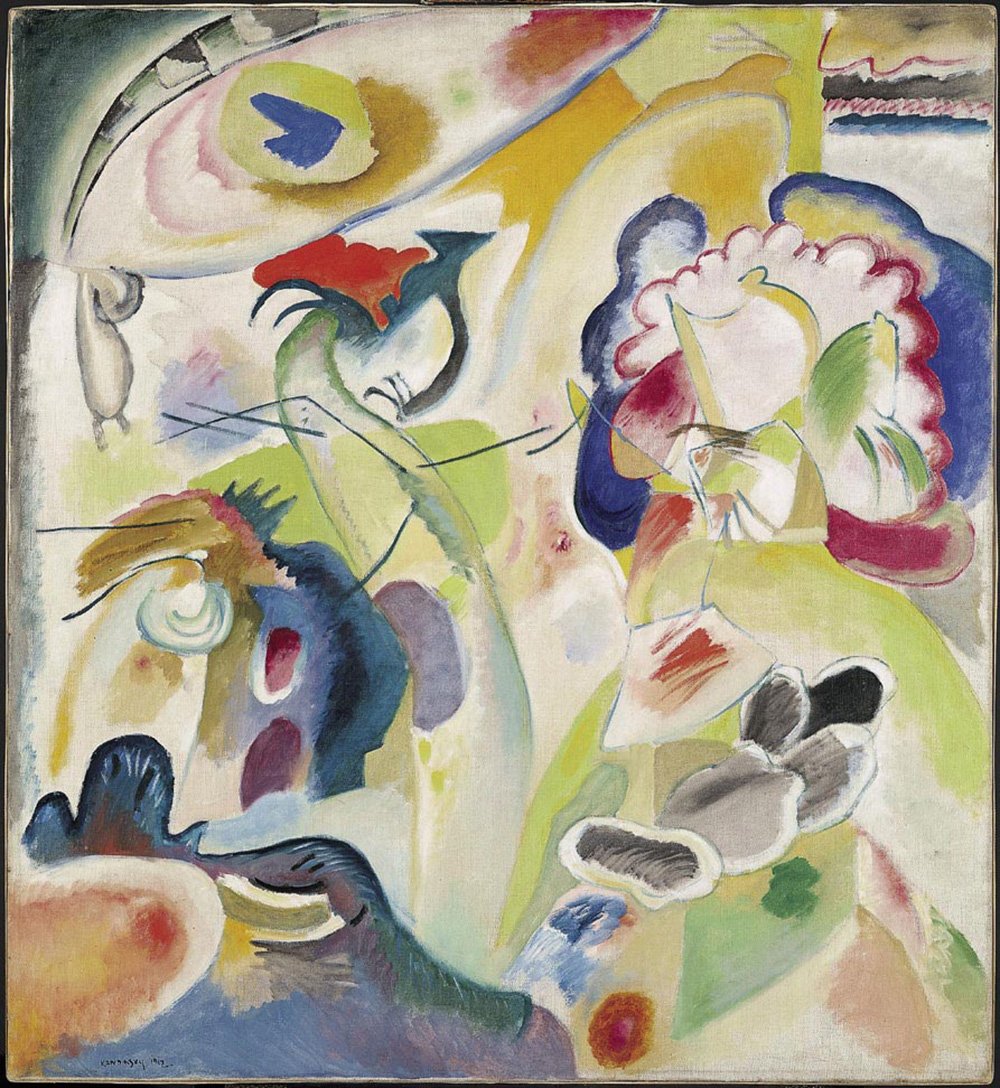
Improvisation No. 29 (The Swan), by Vasily Kandinsky, 1912. © Philadelphia Museum of Art, Louise and Walter Arensberg Collection, 1950.
Here I can conceive our Musketeer-loving youth interrupting me with some impatience, to explain that he cannot play the piano. No doubt he cannot: what of that? Berlioz could not play the piano; Wagner could not play the piano; nay, I myself, a musical critic of European reputation, I cannot play. But is any man prevented from reading Othello by the fact that he cannot act or recite? You need not be able to play your Huguenots: if you can read the notes and bungle over them, that is sufficient. This only leads our youth to put his difficulty more precisely: he cannot even read the notes. Of course not; but why? Because he has never discovered that they are worth learning. Pianism has been presented to him as a polite accomplishment, the object of which is to give pleasure to others—an object which has not been attained, he has observed, in the case of his sisters. To him, therefore, I seem to propose that he shall, in pure and probably unsuccessful altruism, spend so many hours a day for a year over Czerny’s, Plaidy’s, or Cramer’s exercises in order that he may be able to play Beethoven’s Pathétique Sonata slowly and awkwardly, but note-accurately, to the manifest discomfort and disturbance of all within earshot. Now, he does not care two straws about the Pathétique Sonata and would not spend twelve hours, much less twelve months, over Czerny to save all Beethoven’s works from destruction, much less to oblige me. Therefore, though he will learn to smoke, to skate, to play billiards, to ride, to shoot, to do half a dozen things much more difficult than reading music, he will no more learn his notes than a sailor will learn plowing. Why should he, since no pleasure can come of it for himself? As to giving pleasure to others, even sisterless youths know, first, that there are not ten men in Europe among the most gifted and arduously trained professionals whose playing gives pleasure to enough people to fill St. James’ Hall; and second, that the effect of ordinary amateur playing on other people is to drive them almost mad. I learned my notes at the age of sixteen or thereabouts; and since that time I have inflicted untold suffering on my neighbors without having on a single occasion given the smallest pleasure to any human being except myself. Then, it will be asked, Why did I begin? Well, the motive arose from my previous knowledge of music. I had been accustomed all my life to hear it in sufficing quantities; and the melodies I heard, I could at least sing; so that I neither had nor desired any technical knowledge. But it happened one day that my circumstances changed, so that I heard no more music. It was in vain now to sing: my native woodnotes wild—just then breaking frightfully—could not satisfy my intense craving for the harmony which is the emotional substance of music, and for the rhythmic figures of accompaniment which are its action and movement. I had only a single splintering voice; and I wanted an orchestra. This musical starvation it was that drove me to disregard the rights of my fellow lodgers and go to the piano. I learned the alphabet of musical notation from a primer, and the keyboard from a diagram. Then, without troubling Czerny or Plaidy, I opened Don Giovanni and began. It took ten minutes to get my fingers arranged on the chord of D minor with which the overture commences; but when it sounded right at last, it was worth all the trouble it cost.
Now, in this fragment of autobiography, what is it that stands as the one indispensable external condition of my musical culture? Obviously, the pianoforte. Without it, no harmony, no interweaving of rhythms and motives, no musical structure, and consequently no opera or music drama. But on the other hand, with it nothing else was needed, except the printed score and a foreknowledge of the power of music to bring romance and poetry to an enchanting intimacy of realization. Let a man once taste of the fruit that brings that knowledge, and no want of technical instruction will prevent him from doing what I did, if only he can get access to a piano and ten shillings’ worth of cheap editions of operas and oratorios. I had not the key to the instrument, but I picked the lock, driven as I was to that burglarious process by my craving for the booty within.
Thus to the whole range of imaginative letters, from the Bab Ballads to Prometheus Unbound, you have a parallel range of music from Trial by Jury to Tristan und Isolde, conveying to your very senses what the other could only suggest to your imagination. Only, to travel along this higher range rather than along the lesser one, you must use your piano. This is the mission of the pianoforte, to assert which adequately is such an answer to “Is the pianoforte a musical instrument?” as will send the questioner away an abashed idiot.

George Bernard Shaw
From “The Religion of the Pianoforte.” When Shaw was fifteen, his mother left the family’s shabby Dublin home and moved to London with her voice teacher, taking with her Shaw’s sister, Lucy, who later became a music-hall singer. In 1876 Shaw joined them in London, writing fiction he could not get published and working as a newspaper critic. “I could make musical criticism readable even to the deaf,” he once claimed. His first play to be produced went up in 1892; he completed more than fifty and won the Nobel Prize in Literature in 1925.
